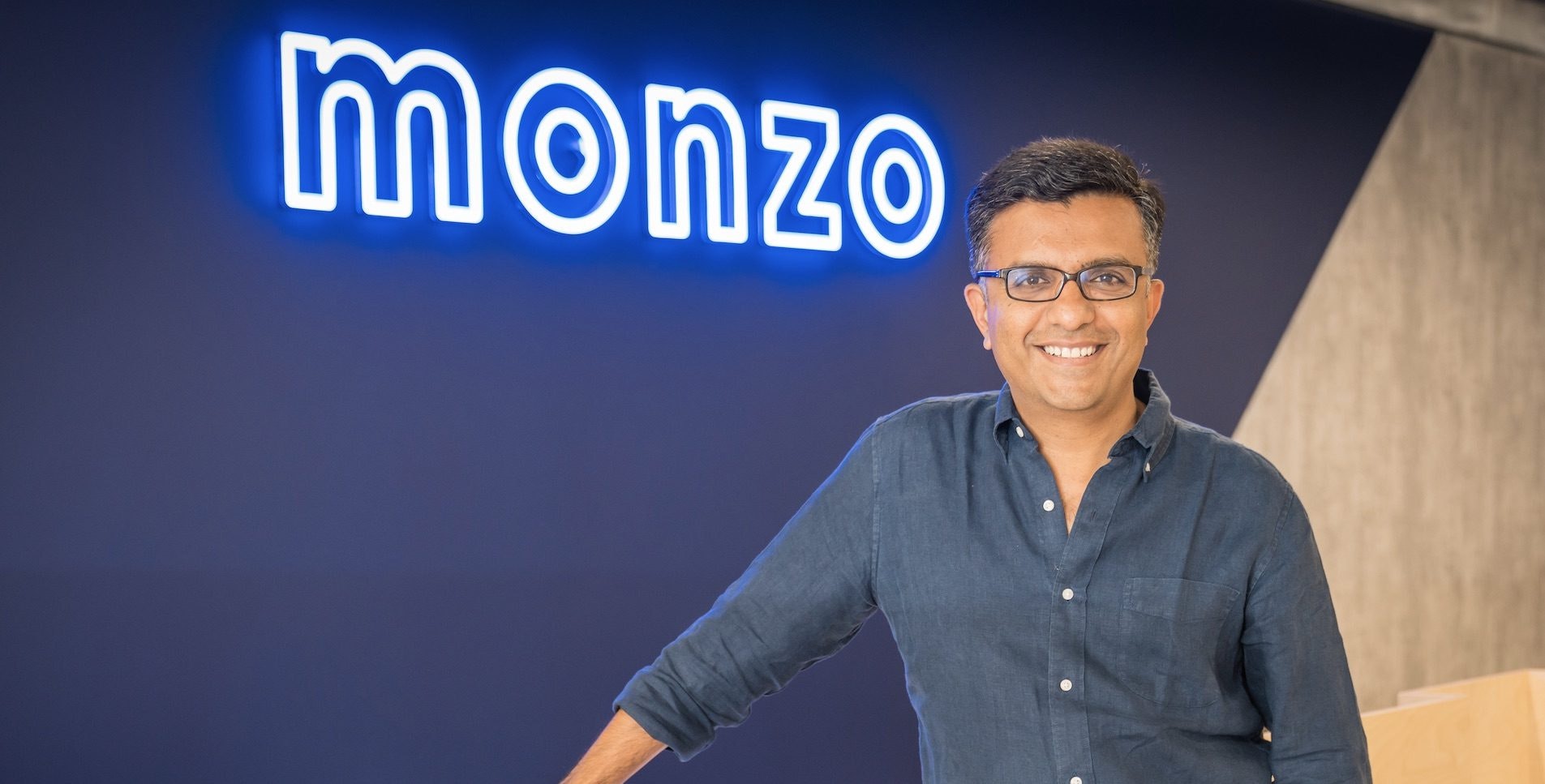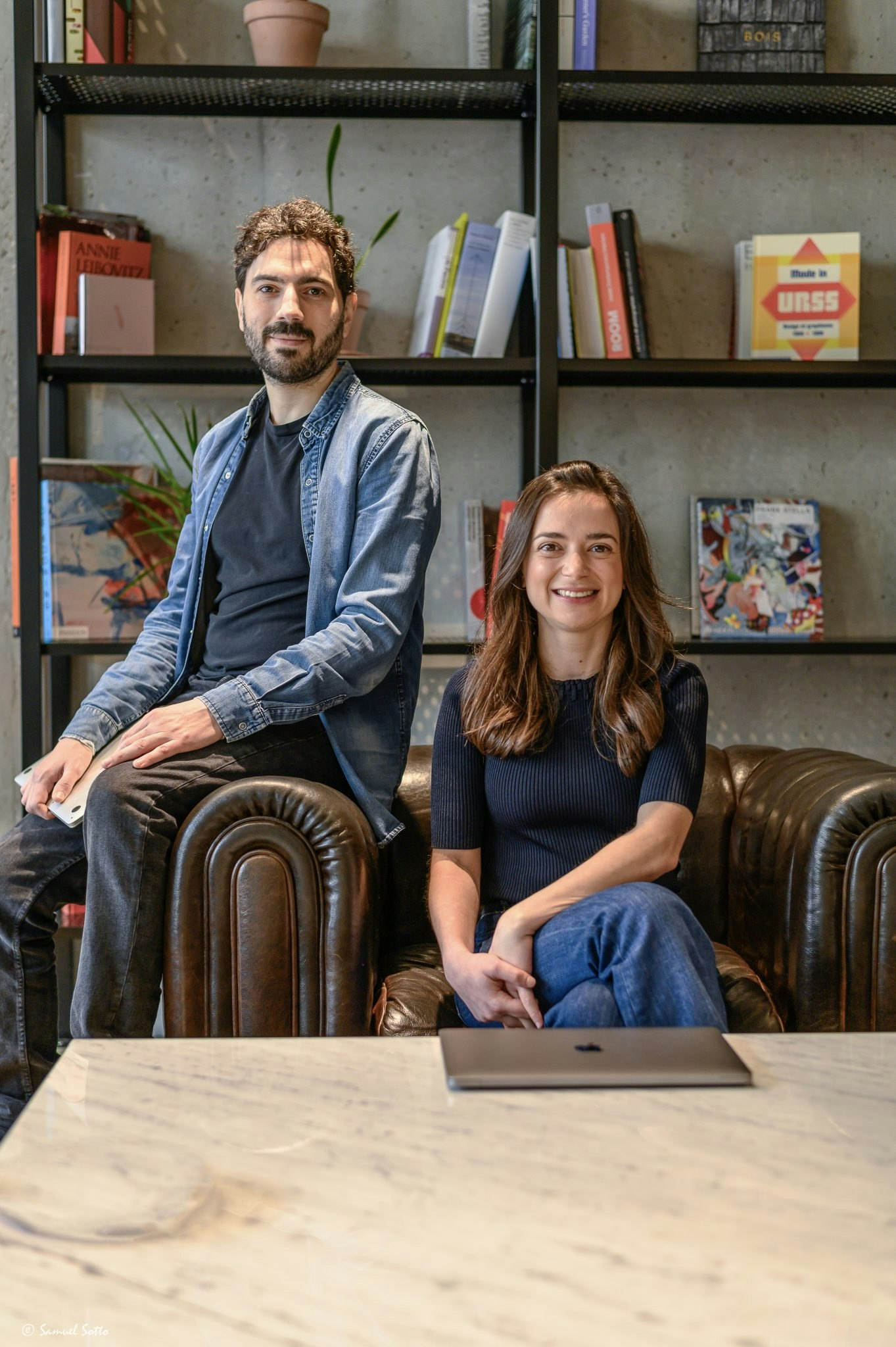Revolut has seen more former employees go on to found new startups of their own than any other private European tech unicorn.
The British neobank has overtaken Berlin rival N26 and other fintech heavyweights like Klarna and Wise in 2023, when ranked by the number of alumni employees that have launched their own new companies. That’s according to a new report by global VC firm Accel and intelligence platform Dealroom which looked at tech unicorns, or companies with a valuation of over $1bn, in Europe and Israel.
These alumni founders are no strangers to Sifted’s pages. Startups like crypto company Deblock, founded by three former Revolut employees, and Safi, founded by Revolut former employee number 20 Rishi Stocker, have raised significant rounds from top international investors in the last year.
Part of what attracts investors to these Revolut alumni founders is the organisational structure they’ve been used to at their previous employer, Accel partner Harry Nelis tells Sifted.
“Revolut has become a super app with several product areas, so the way the company is organised is it has several product owners who really become like entrepreneurs in their own right,” Nelis says.
“So I think the company has a flattened and more entrepreneurial setup than, say, an enterprise software company where there’s typically one product and you all have to march in the same direction,” which leads to more budding entrepreneurs.
Fintech still dominates alumni founder creation
Out of the ranking of 100 billion dollar tech companies in Europe and Israel, European fintech unicorns dominate the top 10 so-called "founder factories": Revolut, Klarna, N26 and Wise rank fifth, sixth, seventh and ninth respectively. Former employees of these four fintechs have spawned more than 120 new tech companies between them.
So far, Revolut alumni have founded 34 startups, including Alan Chang’s Fuse (previously Tesseract), and Ayelen Denovitzer and Shailendra Sason’s Solvo. That's up from 23 this time last year. Klarna alumni have gone on to create 32 startups (up from 23 last year) and N26 alumni have founded 31 (up from 24 last year).
In the last 14 years, Europe and Israel’s 70 fintech unicorns have seen 423 startups founded by former employees, according to the data. More than a third of these founders (35%) also chose to launch a fintech company themselves.
The vast majority of the new alumni-founded fintechs that have raised funding in the last two years of the downturn have been focusing on B2B business models.
This is in part down to “the pendulum swinging away from B2C” after the first generation of strong consumer tech companies took off in Europe, Nelis tells Sifted. But he also says that where it’s now harder to displace these B2C companies, former employees are “surfing down the wave of smaller opportunities” on the B2B side.
And VCs were circling these alumni founders at tech conferences like Money 2020 and Slush this year like moths to a flame.
“As investors, we like it when founders come to the table with a specific deep set of experiences that make them well-suited to the new problem they want to address,” Nelis says.
“Typically they realise there’s a problem in the tech stack that needs to be addressed, that an incumbent doesn’t want to address because it doesn’t completely fit into their strategy, so they then go after it themselves instead.”
It doesn’t take these operators long to get going on their ideas, either: 60% of Europe and Israel’s alumni founders launched their own startup within a year of leaving their previous unicorn employer, according to the report.
London and Berlin come out on top
After Tel Aviv — which is a slightly more mature tech ecosystem than Europe’s capitals and not covered by Sifted — London is the tech hub that has produced the most startup spinouts.
In London, 185 new startups have been founded by former employees of the capital’s 27 billion dollar private tech companies. Berlin is a close second, with 165 startup spinouts from its 25 unicorn companies, followed by Paris with 138 out of 23 unicorns, and Stockholm with 115 spinouts from 11 unicorns.
The crucial figure for investors is the number of unicorns that Europe has now produced: 353, according to the report — a small uptick on the 352 unicorns in the region in 2022, amid a late stage funding drought in the last year.
This figure has jumped in the last thirteen years, when Accel began tracking the data: from just three unicorns in 2010.


